The Frasier Reboot Is The Ultimate Example Of A Bad TV Revival
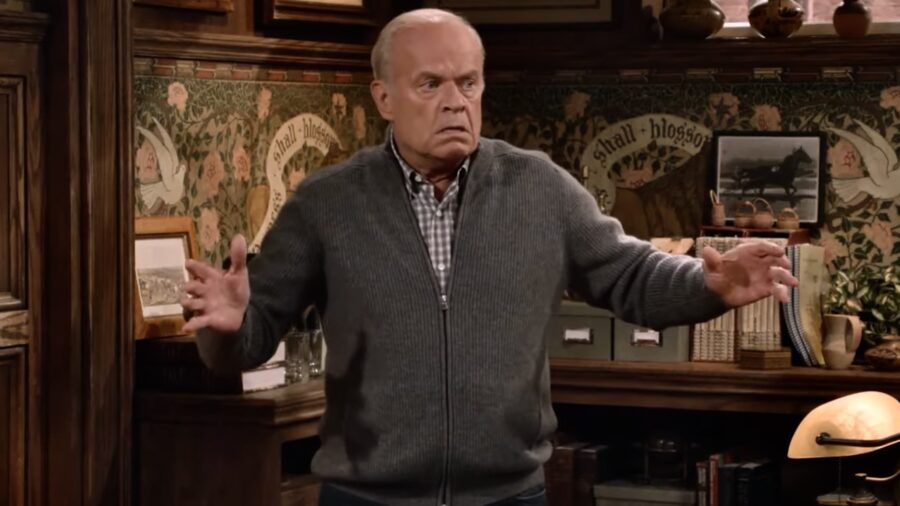
In the waning months of December, I found myself engaging in my regular holiday tradition of watching Christmas episodes of my favorite sitcoms. Thanks to Hulu’s curation of holiday episodes (why are they the only major streamer to do this?), it was easy enough to find the right episodes, and I ended up binge-watching all of Frasier’s Christmas episodes. They were somehow even better than I remembered, but like the arrival of Lillith at a Christmas party, one thing ruined my enjoyment: remembering that the Frasier reboot is comparatively awful and may be the best example of a bad TV revival.
The Frasier Reboot Plot
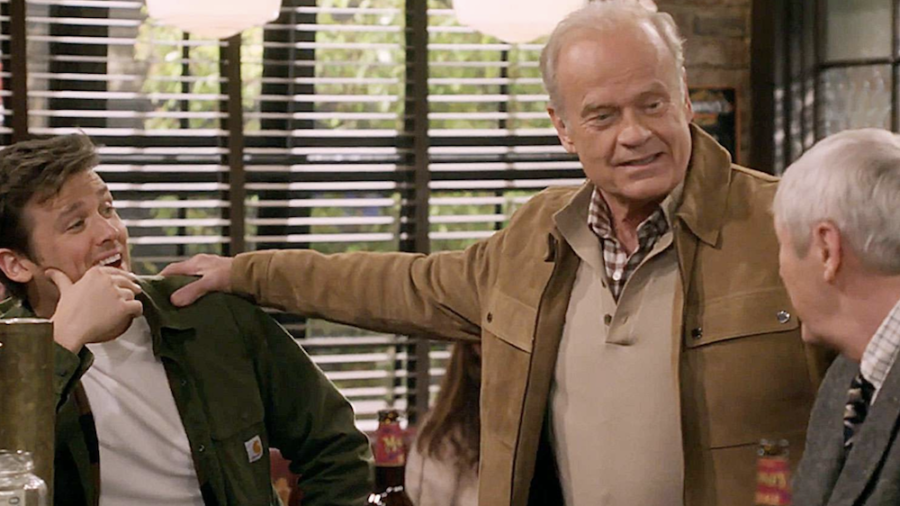
If you haven’t had the dubious pleasure of experiencing the Frasier reboot for yourself, here’s the rundown: we begin with our titular character at a crossroads after his father dies, Charlotte leaves him, and his Dr. Phil-esque talk show comes to an end. He decides to start anew, moving back to Boston to start a new gig teaching at Harvard while rekindling his relationship with his son. However, everything from difficulties settling into the new job and finding a common culture with his firefighter son serve as constant reminders that while Frasier has gotten older, he hasn’t necessarily gotten any wiser.
Why It’s Bad
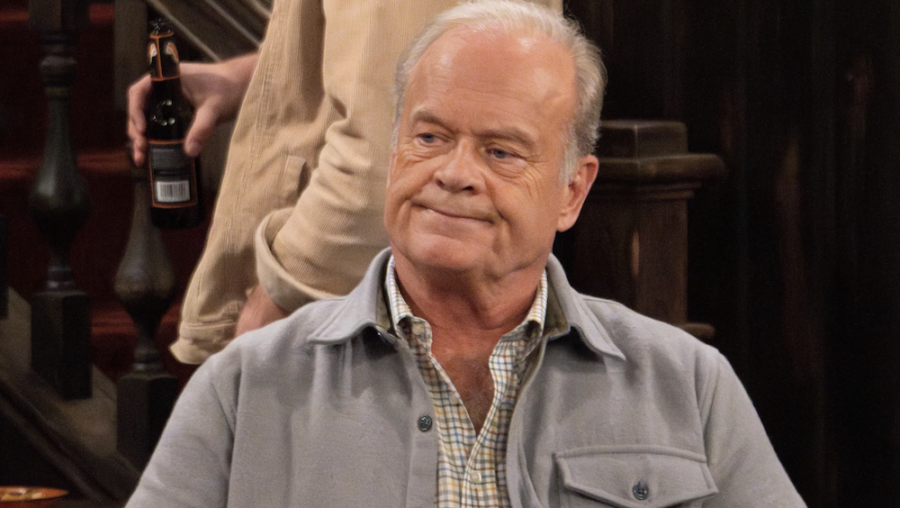
With that summary out of the way quicker than Eddie running from a bath, why do I think the Frasier reboot is the ultimate example of a bad TV revival? The first and perhaps the chief reason is that the revival’s main cast is missing literally all of the ensemble characters that made the original show a hit. Returning characters are mostly doled out in tiny cameos, leaving audiences with a new cast of characters who just aren’t as entertaining or compelling as the previous ensemble.
That’s not the fault of the actors. The cast is generally talented, but as original Frasier writer Ken Levine explained on Hollywood & Levine, none of the characters in the reboot save his son have any real connection to Frasier himself. This includes fellow Harvard professor Alan Cornwall, supposedly a “best friend” but who “was never referred to even once” in Cheers or Frasier. This is a great point, and the longer he spoke, the more I realized that the many problems with the show’s characters are what keep unraveling (in both narrative and comedy) what could be a stellar reboot.
Levine’s breakdown also includes Eve, a new mother who is living with Frasier’s son in the reboot after her firefighter boyfriend died. Levine points out that we must ask ourselves an important question regarding her character’s story: “What does that have to do with Frasier?” He then asked if it would be possible to “lose that character” before responding with certainty to his own question: “sure could.”
The last Frasier reboot character that Levine focused on was Olivia Finch, Frasier’s Dean at Harvard who is all too eager to hire a major celebrity to teach at the university. The writer asked the big question: when it comes to a university as prestigious as Harvard, “what do they give a s***” about hiring famous faculty, something that would only ever matter to a “very small college, some manufactured Middlebury University.” Her celebrity status fascination also makes it harder to answer “what’s her role?” when it comes to bossing Frasier around.
It’s Actually Getting Better
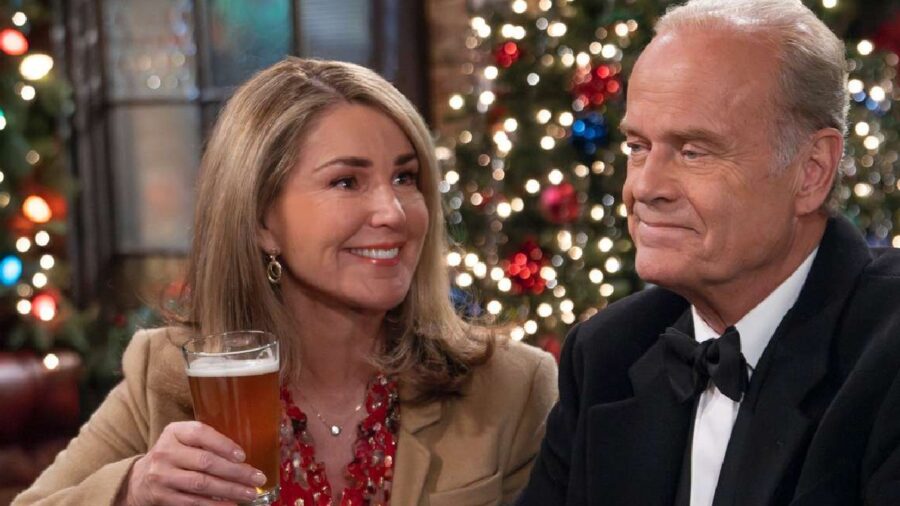
Reading his thoughts felt like a revelation. Frankly, I felt a bit like Frasier himself as I internally bloviated about the new series, and Levine came in like Martin to talk some blunt sense into me. An ensemble show is, by definition, nothing without its characters, and the Frasier reboot was always going to succeed or fail based on the strength of its characters. But in comparing the old Frasier to the new reboot, it’s easy to see that the new show’s characters were a failure on every front.
Still, all of Frasier’s faults didn’t keep the reboot from getting a second season, and that season has (to be fair) managed to improve its existing characters while bringing back original fan-favorite character Roz Doyle. While Season 1 was the ultimate example of a bad TV revival, Season 2 seems like the show is finally heading (if very slowly, and still with rather clunky characters) in the right direction. And that leaves us a moral worthy of a classic Frasier Christmas episode: that it’s never too late for even the very worst of us to work on becoming better.


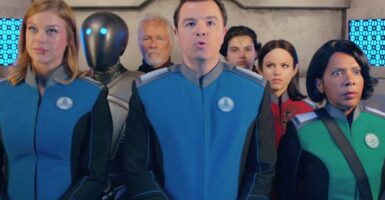










Login with Google